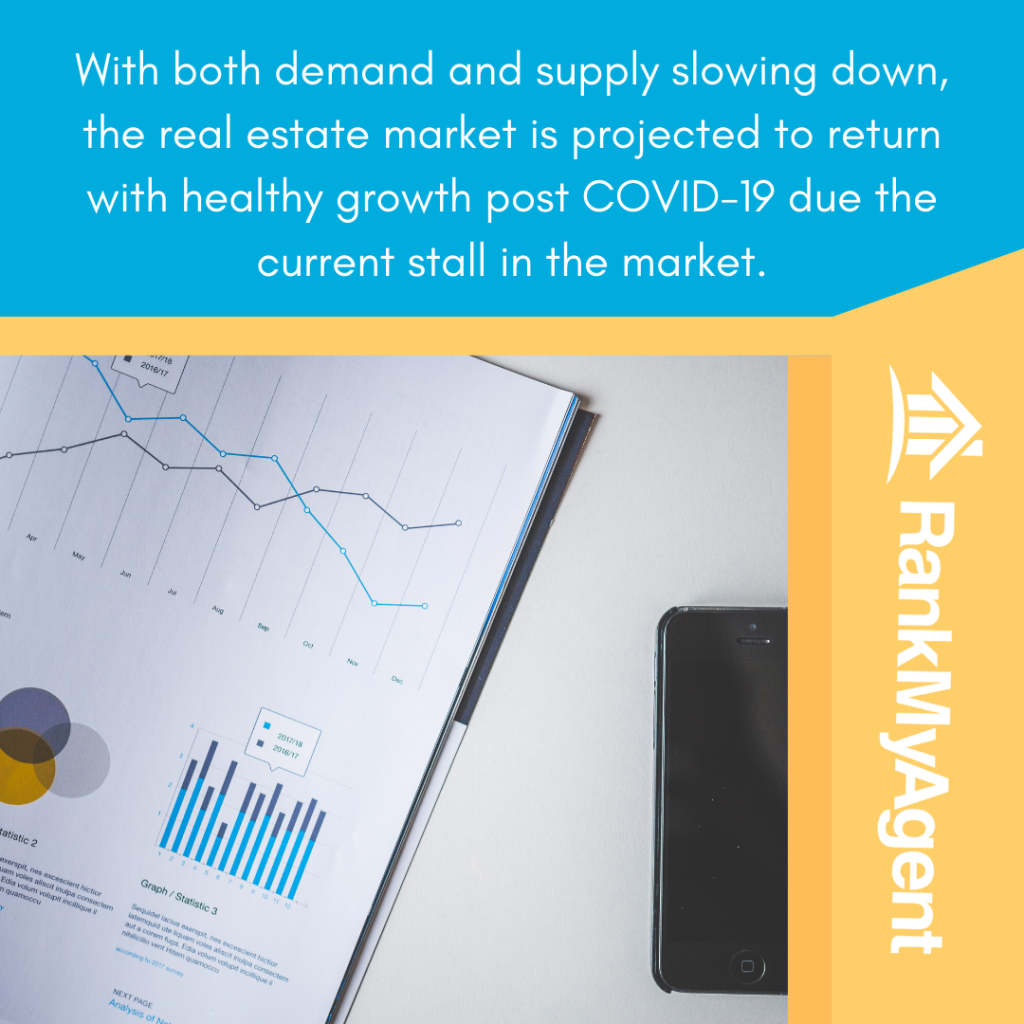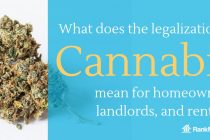There’s no doubt that the Coronavirus is affecting the Canadian and the global real estate markets. The Canadian Real Estate Association (CREA) revealed a significant decline in the number of residential units sold across the country in April 2020. In fact, the volume of sales in April was at its lowest since 1984.
So, is the real estate bubble finally popping? Well… not necessarily. There may be headlines claiming a real estate armageddon, but everyone has their own thesis. In this article, we reflect on what some of the top experts forecast for the future of the Canadian real estate market. We also review the factors steering us away from the idea that the real estate market is about to burst.
What is Everyone Saying About the Future of Canadian Real Estate?
There has been no shortage of predictions and research reports on what to expect in the near- and long-term of Canada’s residential real estate market. The CEO of Canada Mortgage and Housing Corporation (CMHC) provided a gloomy outlook on what’s to come. In a testimony to the House of Commons, he predicted that home prices could fall between 9-18% over the next year. One of the major fears that Siddall had was a “debt deferral cliff”, where mortgage deferral programs would come to an end and Canadians would need to start making payments again — whether they have the income to or not.
Not all experts agreed with Siddall. RBC forecasted that housing prices may decline 5% compared to last year; CIBC forecasted a 5-10% decline; and Moody’s, a financial services and research firm, estimated an 8% decline in Canadian real estate prices. And, in a surprising turn, TD predicted that home prices may increase by as much as 13.8% in some provinces by the end of 2020. While a 5-10% decline in housing prices is still significant, it’s nowhere near the possible 18% that Siddal had in mind.
Currently, CREA and other real estate boards have not reported significant declines in real estate prices, despite sales activity plummeting across the country. Not only has the pandemic resulted in fewer Canadians looking to purchase a property, but it has also delayed those looking to sell. Once restrictions of social gatherings and the threat of Coronavirus lifts, we may see momentum return to the real estate market on both the buyer and seller side.
Why We Likely Won’t See the Real Estate Bubble Pop
There are plenty of uncertain factors. For example, we don’t know how long social distancing measures will last in each province. We’re also unsure of how long it’ll take before we find a vaccine for Coronavirus. The longer social distancing is required and the longer a vaccine takes, the more negative effects we’ll see in the real estate market.
However, many factors point towards a healthy market once the COVID-19-era passes. This includes pent-up demand and supply, low-interest rates, and delayed housing inventory.

Pent-Up Demand and Supply
Many individuals hoping to buy or sell their home are waiting until Coronavirus ends. With the pandemic in place, it’s much harder to go through the whole process of hosting open houses and finding a home/buyer. This is one of the reasons why the price of residential units sold did not drop significantly or at all — because supply and demand for real estate declined in equal parts. As a result, it’s reasonable that sales activity will skyrocket once social distancing measures loosen up.
Further, the high cost of properties in cities such as Toronto and Vancouver is the result of a limited housing supply and high demand. The COVID-19 situation is neither reducing the demand nor increasing the supply — the ingredients required to pop the bubble. Instead, COVID-19 is reducing both demand and supply.
Low-Interest Rates Mean More Demand
When interest rates are low, demand for property goes up as it’s now cheaper to borrow money and purchase a property. Due to the Coronavirus pandemic, the Bank of Canada in March cut interest rates significantly and is currently holding it at 0.25%. This results in less costly mortgages (for the most part). Although we continue to see more uncertainty, these low-interest rates could drive even more demand in a post-COVID-19 world, meaning prices will only go higher if supply remains the same.
COVID-19 Has Also Stalled the Supply of New Homes
The construction of new homes is one way that the market can increase its supply of residential homes. Although most construction is still permitted, the requirement for construction workers to socially distance themselves onsite has ultimately reduced productivity. In the prior mentioned report from CIBC, it estimates that social distancing regulations and the lag in overseas shipments have reduced construction productivity by 40%. This will ultimately result in a reduced supply of new housing.
What Factors Could Lead to Weaker Real Estate Prices?
Coronavirus has also birthed factors that could reduce demand to the point that prices may fall in the future. Due to the mass unemployment and rustles in the stock market, Canadians might prefer to delay their purchase of significant investments such as a home. Further, buyers who think that real estate prices will crash could be holding off until prices come down. Both of these factors could result in less demand. Although the unemployment numbers may point to a weaker economy, many of these jobs are layoffs. Companies that did lay off employees will likely rehire them once society recovers from the pandemic.

Many of the large Canadian banks predict that real estate prices will decline a few percentage points. This decline is possibly a market correction but not the bursting of a real estate bubble. Pent up demand, low-interest rates, and delayed new constructions could even result in higher real estate prices — not lower. There’s likely still time before a Coronavirus vaccine is found, but when it is, both buyers and sellers will be back in action!


